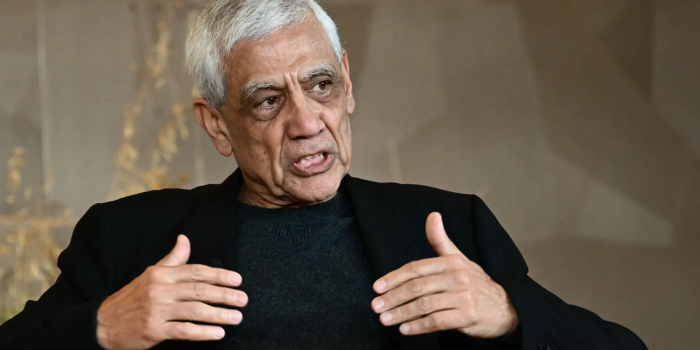Renowned billionaire and early supporter of OpenAI, Vinod Khosla, envisions a transformative role for artificial intelligence (AI) in the global economy. Contrary to recent trends, Khosla predicts a deflationary impact over the next twenty-five years, challenging conventional economic measures.
Khosla’s assertion marks a departure from the prevailing narrative dominated by inflationary concerns. While inflation has been a persistent theme in economic discourse, Khosla foresees AI as a force that will redefine traditional economic indicators. He anticipates a scenario where the abundance of goods and services coexists with a scarcity of capital, challenging the relevance of current metrics.

In his statement, Khosla acknowledges the potential shift in economic paradigms, stating, “Capital should be scarce for a while, current measures of GDP and the economy will be less relevant but goods and services should be in great abundance.” This perspective prompts a critical reflection on how we evaluate economic health, urging the consideration of alternative measures in the era of AI-driven transformations.
Vinod Khosla’s insights are grounded in his substantial investment in OpenAI, contributing $50 million in 2019, marking the largest investment in the firm’s 15-year history. Khosla, at 68, has consistently shared his views on the opportunities and risks associated with AI. At Fortune’s Brainstorm AI conference, he emphasized that, contrary to widespread fears of AI threats, the greater risk lies in geopolitical challenges, particularly highlighting concerns related to China.

Khosla’s perspective aligns with other industry leaders, notably Elon Musk, who envisions AI triggering a fundamental shift towards economic abundance. Musk, unveiling Tesla’s AI robot, expressed the potential for a “quasi-infinite” economy if robots could perform manual labor. This vision paints a future devoid of poverty, where individuals can access an abundance of products and services, fundamentally transforming the fabric of civilization.
As AI continues to evolve, the interplay between technology and economics becomes a focal point, opening discussions about redefining economic measures and embracing a future where abundance coexists with capital scarcity.


